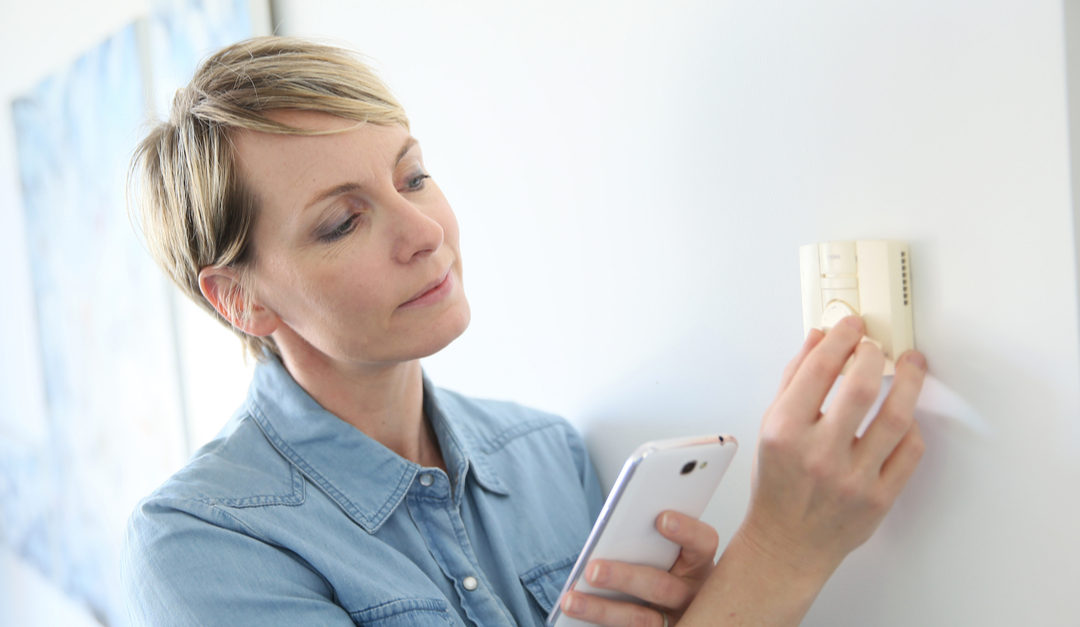One of the simplest and easiest ways to prevent sinus infections is to monitor the dry heat in your home. Once dry heat is detected, it can be quickly eliminated so you breathe normal air and your sinuses stay healthy.
Dry Heat and the Sinuses
Dry heat can be defined as air that contains no moisture. When dry heat enters the sinuses the mucosal membrane becomes damaged. This makes it much easier for bacteria and allergens to enter the sinuses and cause an infection. If you have frequent sinus infections and allergy symptoms (dry skin, scratchy throat, eye-watering), it may be because there is an abundance of dry heat in your home.
Key Signs That There is Dry Heat in Your Home
Determining if there is dry heat in your home is easy. The following key signs indicate dry heat is present:
- There are gaps or cracks in your flooring and/or crown molding
- Your wallpaper and paint begins to peel
- Furniture and household items become warped or damaged
The combination of your symptoms and these key signs indicate that you should take action to increase the moisture of the air in your home.
Solutions to Keep Air Moist
There are many solutions to help moisten the air in your home. The three most common and effective include the following:
- Limit the amount of cold air that enters your home. Cold air from outside will quickly heat up and decrease the humidity inside your home. To make sure cold air stays outside, shut all doors and windows properly. Also, check inside and outside your home for cracks and holes where air can enter.
- Decrease the temperature on your thermostat. Forced air from a heater increases the dry heat in your home. Many times decreasing your thermostat by as little as 2-3-degrees Fahrenheit can moisten the air to an optimal level.
- Use a humidifier. A humidifier is a device that increases moisture. You can buy a humidifier that works with your heating and air condition system to humidify your whole home or you can buy one that is portable and can be placed in a room that has too much dry heat.
The optimal air temperature in your home should be between 65-75-degrees Fahrenheit. The optimal relative humidity level should be between 35%-55%. If the air in your home is not at these levels after you take the previously mentioned measures, you should consult a heating and air-conditioning specialist.
Conclusions and Treatments
Taking measures to keep your sinuses healthy is important. The information and tips used in this post can be used to help you breathe fresh and moist air while at home. In the unfortunate event that you get a sinus infection or have allergy problems, please do not hesitate to contact our offices in Palm Beach and Ocala to make an appointment with Board Certified ENT Specialist, Dr. Neil Goldhaber. We are currently accepting new patients and will get you in right away!

